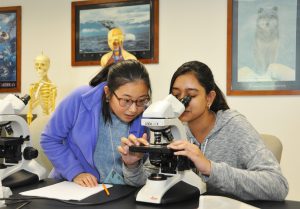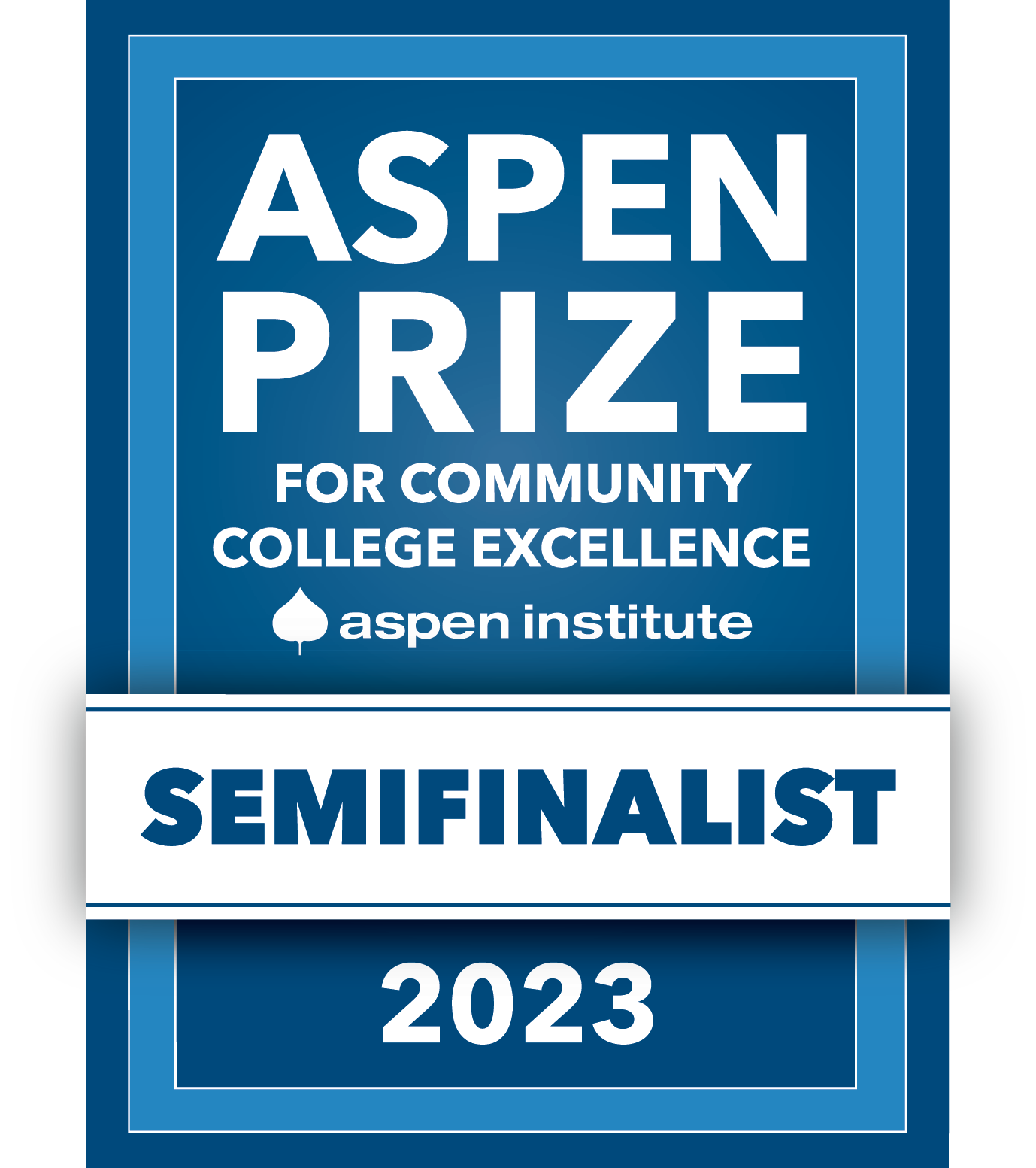- Welcome
- Campus Maps
- History
- Mission Statement
- Accreditation
- Administration
- Employment
- Human Resources Employment Process FAQ
- Position Vacancies
- Salary Schedule (PDF)
- Employee Benefits
- Paid Holidays
- Employee Handbook (PDF)
- Faculty Handbook (PDF)
- BENCOR Special Pay Plan (PDF)
- Social Security Collection and Usage
- Affordable Care Act Notice (PDF)
- Social Security Disclosure Summary (PDF)
- Tobacco-Free College
- Drug-Free Workplace & Campuses
- Technology Usage Acknowledgement (PDF)
- Employee Safety Manual (PDF)
- SFSC’s Annual Security and Fire Safety Report (PDF)
- Calendars
- News
- Social Media
- Honoring Our Retirees
- Celebrating Our Trustees
AVON PARK, Fla. – March 27, 2017 – The usual quiet of Saturday on the Highlands Campus of South Florida State College was broken on March 25, when nearly 100 high school juniors and seniors from DeSoto, Hardee, Highlands, Glades, and Okeechobee counties descended on the college for a day of intensive learning dubbed STEM Scholars Day.
The students took part in a science, technology, engineering, and mathematics (STEM) exploration program offered through the Heartland Educational Consortium (HEC) and SFSC.
The students assembled in the SFSC University Center Auditorium for a welcome talk by Dr. Thomas C. Leitzel, SFSC president, and Paul Blackman, Highlands County’s sheriff.
“This marks the sixth year of our partnership with SFSC offering STEM learning adventures to our students,” said Lisa Shin of HEC and a coordinator of the STEM Scholars program. “For a day, the students immerse themselves in science- and technology-related subjects presented by SFSC faculty in a manner designed to dispel the notion these subjects are dry or dull.”
Students got hands-on training in the science of forensic investigations from deputies of the Highlands County Sheriff’s Crime Scene Unit. Students learned what makes fingerprints unique, how to cast shoe impressions, and saw demonstrations of scientific equipment used in the lab and at a crime scene.
Students shuffled between a series of real-world biology lessons taught by SFSC science faculty. Huddled around microscopes, the high schoolers learned how to view the presence of bacteria on surfaces, examine the biodiversity of surface water, and parse the sequencing of DNA. They also worked through an intense lesson in the dynamics of computer programming.
In SFSC’s nursing simulation labs, the students got hands-on training from the college’s student nurses in medical equipment used in patient care, practicing on high-tech mannequins that replicate actual patient-caregiver interactions.
The day wasn’t only about STEM education. HEC and SFSC aimed to prod the students into career exploration, hoping the day’s regimen of varied mini-classes would spur them on to STEM degree programs after high school.
“STEM education fosters critical thinking, enhances science literacy, and nurtures the next generation of innovators,” said Lynn MacNeill, the interim dean of SFSC’s Division of Arts and Sciences. “Employers seek out innovators because they drive development of new products, technologies, and services.”
John Varady, another coordinator of HEC’s STEM Scholars program noted, “According to the Department of Commerce, STEM occupations have grown at double the rate of other occupations. The STEM Scholars program offers a variety of experiences that will help students make well-informed decisions about academic preparation for the STEM-related careers of the future.”
Varady pointed out to the students that STEM careers are not restricted to hospitals, labs, and technology companies, they can also be found in education. He noted there is a shortage of K-12 teachers ready to teach STEM courses.
“You can come right to SFSC and complete its Bachelor of Science in Elementary Education (BSEE) program,” Varady said. “We also need folks who are ready to teach the STEM classes of tomorrow.”
HEC is a cooperative organized by the region’s school districts that provides curriculum and training support to member schools and their instructors.
SFSC offers two-year degree programs that prepare students to transfer to four institutions to complete STEM-related bachelor’s degree programs. SFSC also offers a range of certificate programs in technology-related fields that prepare students for employment within one year.





